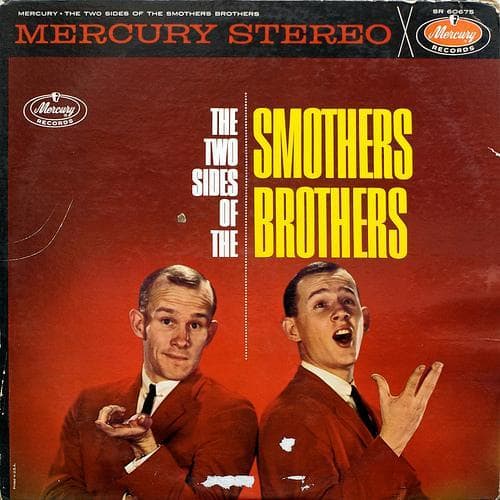Advertisement
The Science Of Siblings

Today, NPR takes on the issue of genetic similarities between siblings, who can resemble one another another physically, but have vastly different personas.
...in the 1980s, a researcher named Robert Plomin published a surprising paper in which he reviewed the three main ways psychologists had studied siblings: physical characteristics, intelligence and personality. According to Plomin, in two of these areas, siblings were really quite similar. Physically, siblings tended to differ somewhat, but they were a lot more similar on average when compared to children picked at random from the population. That's also true of cognitive abilities."The surprise," says Plomin, "is when you turn to personality." Turns out that on tests that measure personality — stuff like how extroverted you are, how conscientious — siblings are practically like strangers.
From an emotional perspective, it may not matter that one sibling becomes a harpist, while the other takes over a hedge fund. If they have a sister (or are sisters themselves) they are probably happier than their sister-less counterparts. That's according to linguistics professor Deborah Tannen, who wrote the essay "Why Sisterly Chats Make You Happy," for The New York Times a few weeks ago. Tannen theorizes that the key to that happiness isn’t the content of any particular conversation one has with a sister, it is simply the act of conversing, about anything, even the minutiae of daily life, that can produce a feeling of connection, and ultimately happiness.
But none of that sisterly talk will help if you grew up with a gnawing feeling that mom always liked your sibling better. Turns out she probably did. According to yet another sibling-focused study this month, published in The Times, most mothers do have a preferred child, despite the deeply cherished fantasy that all mothers love their children equally.
Researchers who surveyed Boston-area mothers, ages 65 to 75, about their adult children found that most moms were "perfectly willing to name favorites," among their kids.
“Most mothers have very distinct preferences,” Dr. Pillemer said. “There’s one to whom they feel most emotionally close, one with whom they have the most conflict. Parental favoritism is a fundamental part of the family landscape throughout life.”In other words, he added, “the Smothers Brothers were right.”
Happy Thanksgiving.
This program aired on November 22, 2010. The audio for this program is not available.
